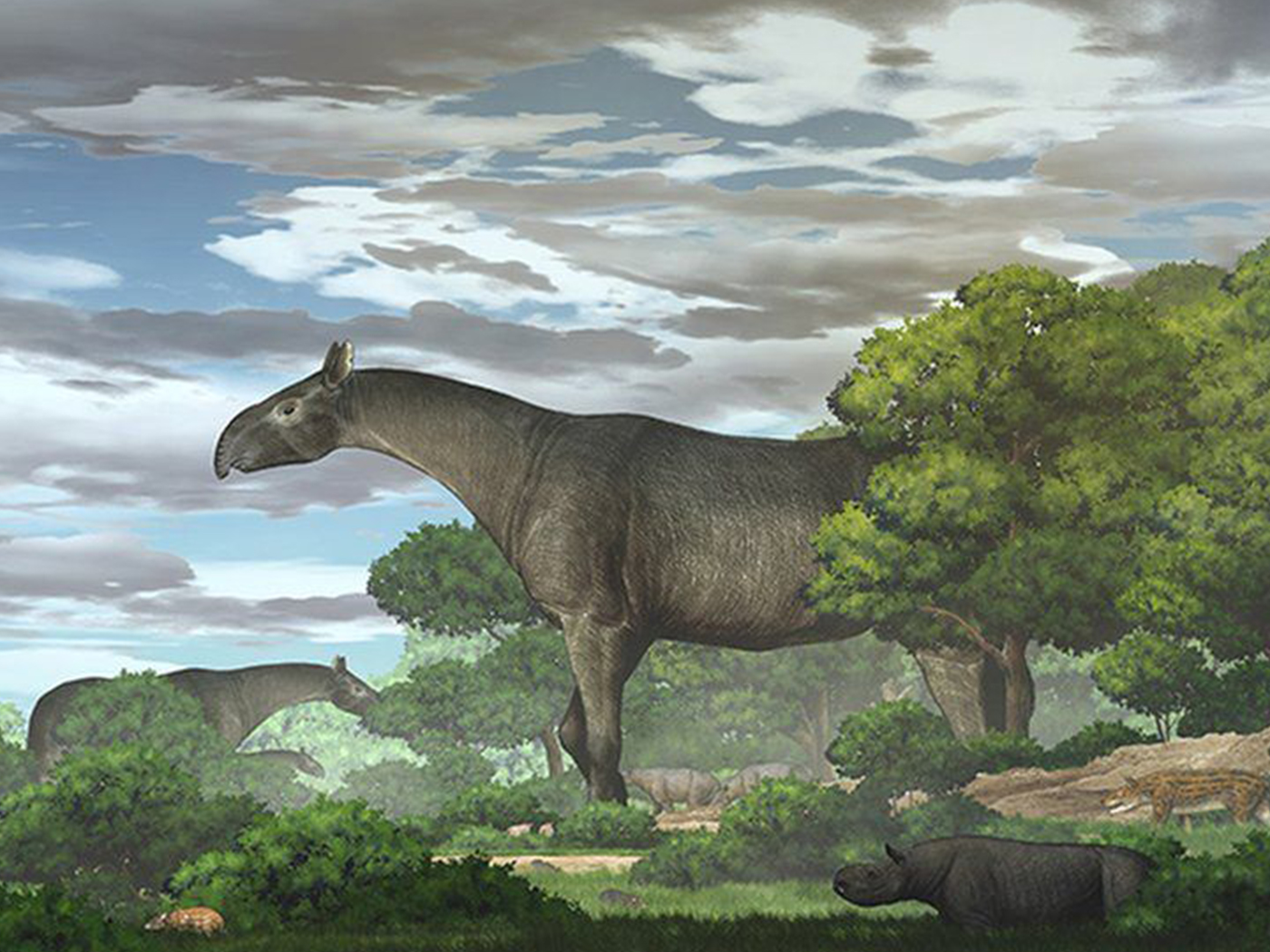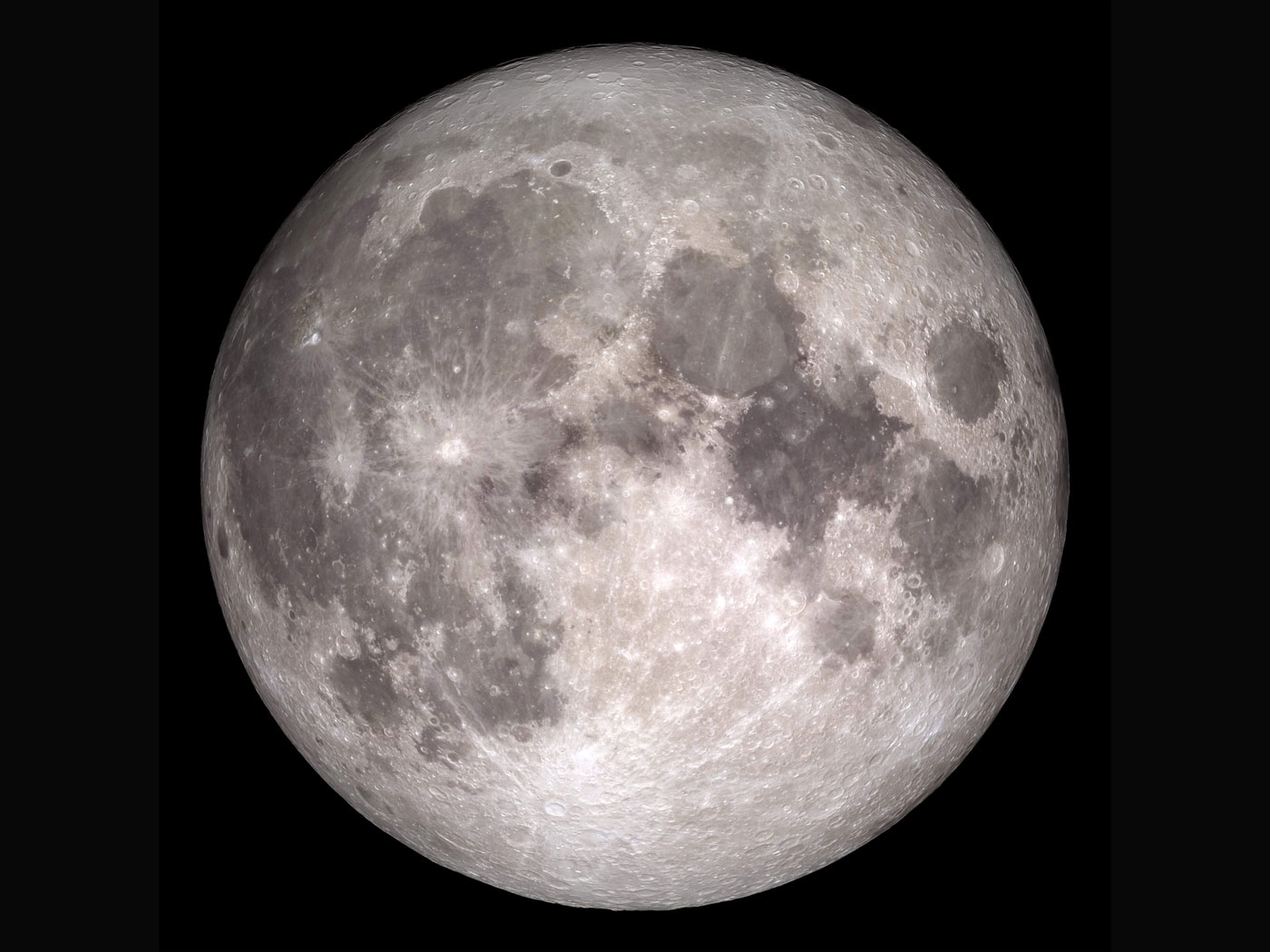Where did the first living cell come from? According to The Independent, Charles Darwin "was flummoxed by the ultimate mystery of mysteries: what led to the origin of life itself?"1
Since Darwin's time, his naturalistic followers have been diligently seeking the answer. During a recent conference at Arizona State University, a collection of scientists discussed this very question. By the end of the discussion, the answer was clear…they don't know.
"Geologists, chemists, astronomers and biologists are as stumped as ever by the riddle of life," wrote Scientific American blogger John Horgan.2 ICR News has reported on more than a dozen recent failures by origin of life researchers to produce a naturalistic answer.3 And this giant void in evolutionary history had some of the researchers entertaining the non-explanation "that life originated elsewhere and floated here through space."4
Of course, this would solve nothing, since life would not only have had to evolve elsewhere (with, no doubt, the same or similar obstacles it would have faced here), but it would also have been required to endure the tough trek through space to earth. Ironically, other headlines issued during the same week of science news suggested that scientists are making real progress on the matter of naturalistic life origins. But the details, however, show just the opposite.
For example, a Discovery News headline read, "Life Elements Came from Space."5 It reported on research published in the Proceedings of the National Academy of Sciences, which found that ammonia can be produced by crushing and heating a certain kind of meteorite under high pressure.6 The study's authors referred to their meteorite-derived, nitrogen-rich ammonia to suggest that ancient meteorites seeded an imaginary ancient earth with enough nitrogen to build proteins and DNA.
But if one were to grant that meteorites could have been exposed to the requisite high heat and pressure to have formed ammonia, what would have kept that same heat and pressure from destroying other fledgling biomolecules? And even with all the proper building materials made available, any complicated machine always needs an intelligent builder to construct it according to the necessary blueprints.
Plus, ammonia is tiny, made only of one nitrogen atom bonded to three hydrogen atoms. Its small size does not compare with the immense bulk of individual proteins and DNA, which are required for life. Thus, it is far too small to carry the information required for life. A collection of ammonia molecules is to a living cell what scattered broken nails are to a city.
Similarly, a recent feature in New Scientist favorably compared the way that cells function to the way that mixtures of oil drops and tar coalesce, claiming it could be a way in which conditions might have been "just right" for life to form.7 The comparison ignores the basic fact that oil blobs have none of the defining characteristics of life, including metabolism and reproduction. These are achieved through internal ingenious biochemistry, which is utterly absent from all tarry residues.
Whereas the tarry goo project and the PNAS ammonia research led by Arizona State's Sandra Pizzarello purported to offer some hope for a naturalistic explanation for how life began, the Arizona State conference of leading experts apparently accurately summarized the sad state of origin of life experiments. But it seems clear that none of the scientists from these groups have been asking the right questions.
To ask "what chemicals and conditions led to the formation of the first cell" presumes that cells can be made merely with chemicals and conditions. This presumption has been proven false, since cells also contain a vast store of information―an entity that is not a property of any chemical. And since science has proven that cells contain information, which has so far been found in the DNA and splicing codes,8 one wonders why origin of life researchers have not appropriately shifted their research question to "Could any combination of chemicals and conditions ever lead to a cell?"
In his Scientific American blog, author John Horgan wrote:
Creationists are no doubt thrilled that origin-of-life research has reached such an impasse...but they shouldn't be. Their explanations suffer from the same flaw: What created the divine Creator? And at least scientists are making an honest effort to solve life's mystery instead of blaming it all on God.2
But this reasoning commits just as sophomoric an error as the claim that ammonia from a precisely treated meteorite somehow helps an "origin of life by nature" scenario. Only finite "creators," like humans, have beginnings. The "divine Creator" had no beginning, by very definition. If this were not so, then the world would not exist, since it must have begun at some point and could not have caused itself.9
And at least scientists who take the Bible seriously are honest enough to follow the experimental evidence where it leads, even when it is against a nature-only model and strongly for a supernatural origin for life.10
References
- Connor, S. We're all aliens…how humans began life in outer space. The Independent. Posted on independent.co.uk, March 1, 2011, accessed March 2, 2011.
- Horgan, J. Pssst! Don't tell the creationists, but scientists don't have a clue how life began. Scientific American Cross-check. Posted on scientificamerican.com February 28, 2011, accessed March 2, 2011.
- See Evidence for Creation: Only God Could Have Made Cells. Posted on www.icr.org.
- Overbye, D. A Romp Into Theories of the Cradle of Life. The New York Times. Posted on nytimes.com February 21, 2011, accessed March 2, 2011.
- Holm, C. Life Elements Came from Space. Discovery News. Posted on discvery.com March 1, 2011, accessed March 2, 2011.
- Pizzarello, S. et al. Abundant ammonia in primitive asteroids and the case for a possible exobiology. Proceedings of the National Academy of Sciences. Published online before print February 28, 2011.
- Marshall, M. 2011. Primordial Pac-Man: Oil droplet hints at life's origin. New Scientist. 2802: 8-9.
- Thomas, B. Origins Breakthroughs of 2010: Human Genetics. ICR News. Posted on icr.org January 4, 2011, accessed March 3, 2011.
- Thomas, B. Hawking Says Universe Created Itself. ICR News. Posted in icr.org September 13, 2010, accessed March 3, 2011.
- For biographies of fifty fully credentialed creation scientists, see Ashton, J. F., ed. 2001. In Six Days: Why Fifty Scientists Choose to Believe in Creation. Green Forest, AR: Master Books.
* Mr. Thomas is Science Writer at the Institute for Creation Research.
Article posted on March 11, 2011.

























